In his most recent statement, Israeli Prime Minister Benjamin Netanyahu announced that he would act against the Houthi forces in Yemen as he has been doing with Hamas in the Gaza Strip and Hezbollah in Lebanon.
What is noteworthy in Netanyahu’s argument is that he did not justify the need for Israel to attack and destroy the Houthis in Yemen by saying that they threaten Israel’s security, but rather that the Houthis threaten the security of the Red Sea, threaten world peace, and are an extension of Iran. Netanyahu’s statement, both in its wording and in the context of the situation, is no different from an unofficial declaration of war against the Houthis.
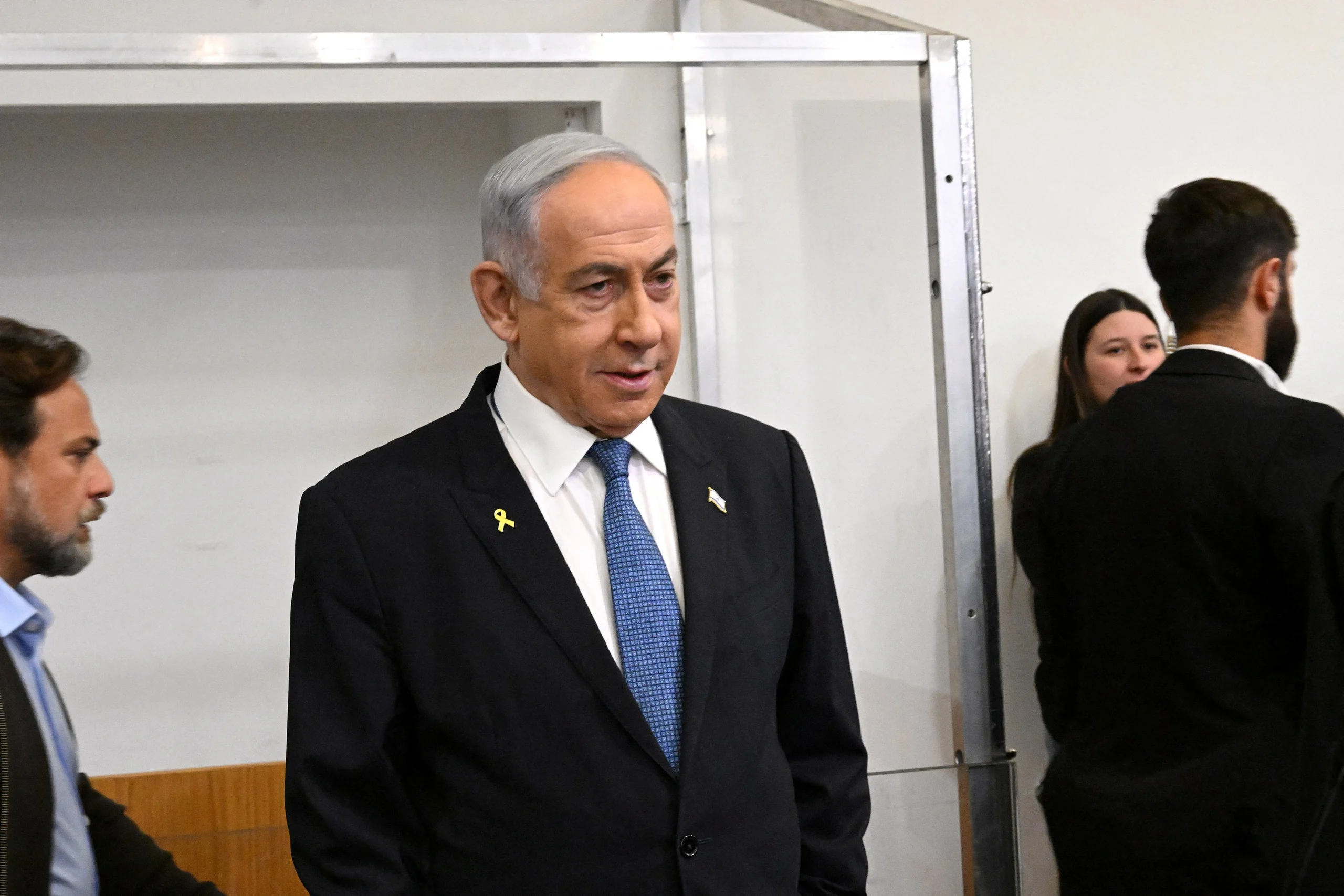
Israeli Prime Minister Benjamin Netanyahu
Netanyahu is thinking much further than dealing with the Houthi airstrikes in Yemen targeting Israel. In fact, Israel does not have to directly attack these forces in Yemen because in reality, Israel's traditional military allies, the United States and other Western countries, have done so. What Netanyahu is aiming for is to take advantage of the current opportunities, specifically the two wars with Hamas and Hezbollah, the confrontation that has been used to even resort to military action against Iran and the political upheaval in Syria to create a fait accompli, build and demonstrate the most prominent military power throughout the Middle East, North Africa and the Gulf.
Israel publicly confirms assassination of Hamas leader in Iran, warns Houthi
On that basis, Mr. Netanyahu aims at the highest goal of determining for Israel the most decisive role in shaping the new political, security and military order in this region. Israel's move into Syrian territory when a new power vacuum appears in Syria also serves this calculation. The Houthi force that Mr. Netanyahu has unofficially declared war on also means that Iran has been indirectly declared war on. Peace will not be restored throughout this region in the coming year.
Source: https://thanhnien.vn/tuyen-chien-khong-chinh-thuc-185241226194526943.htm





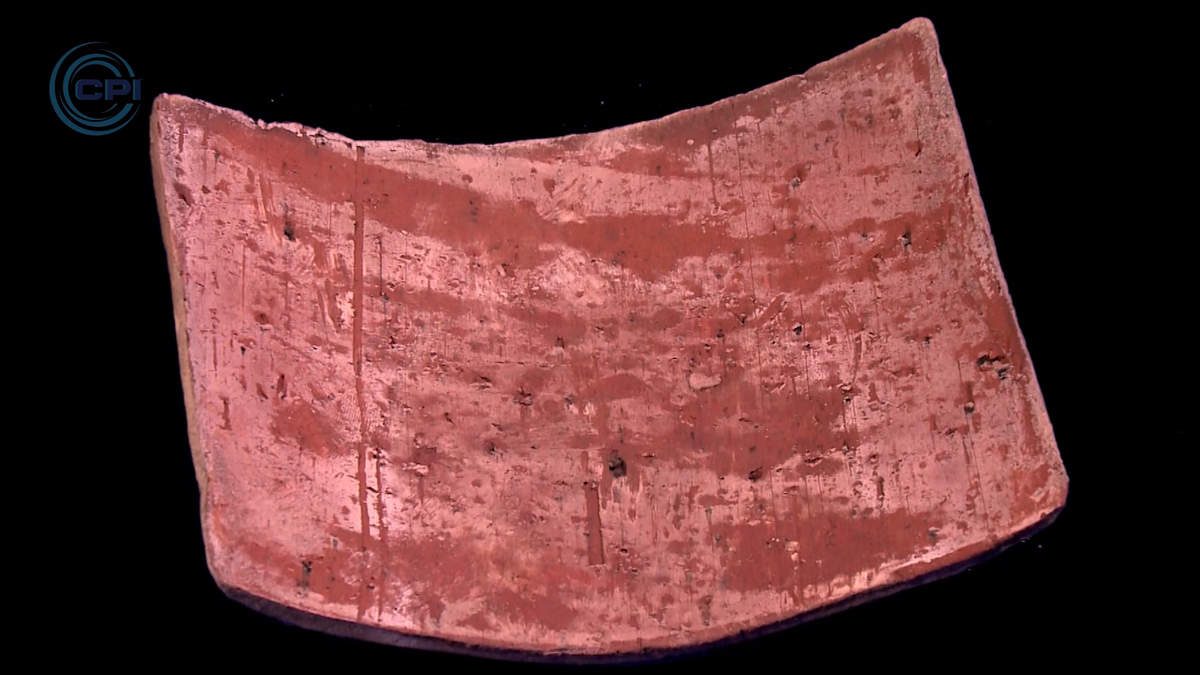
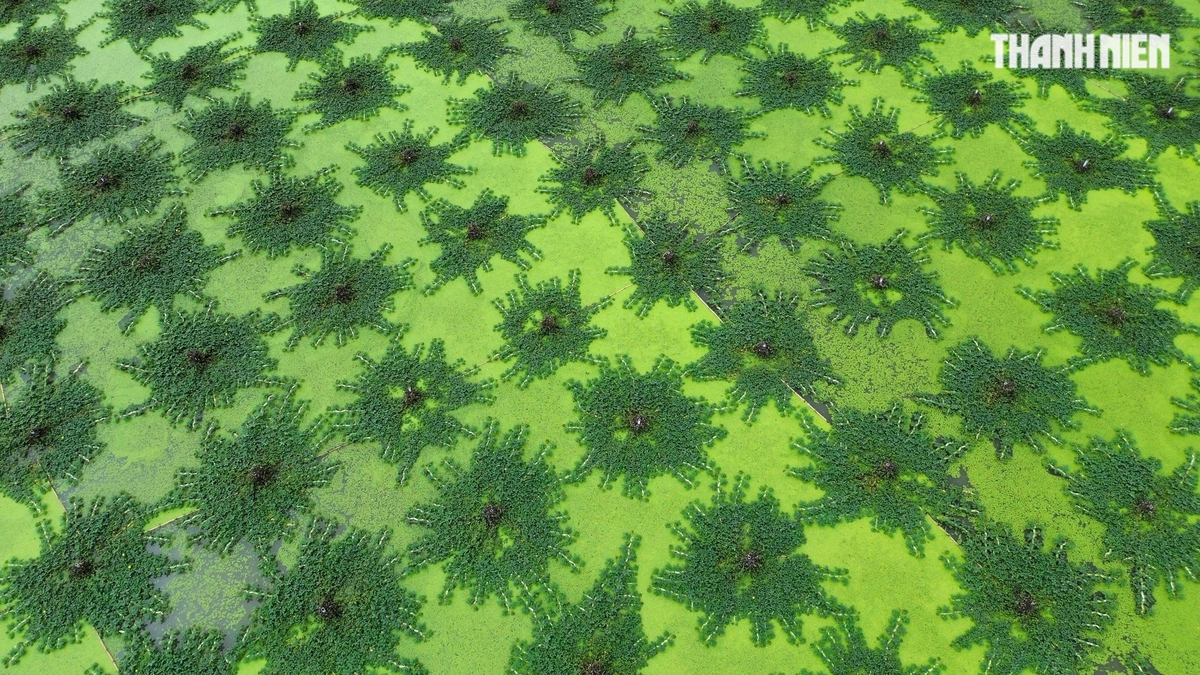

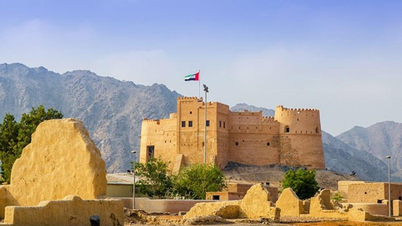





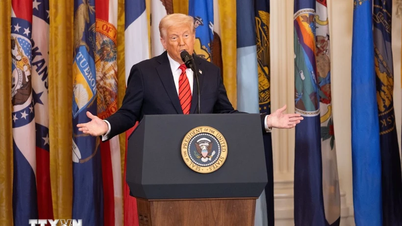

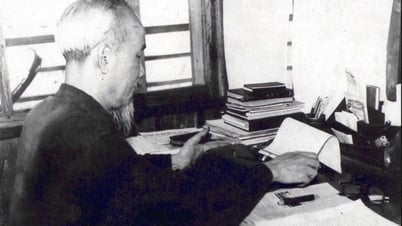

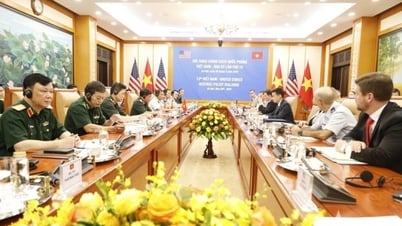














































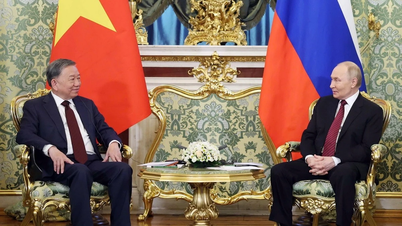
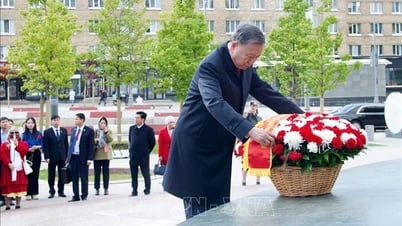
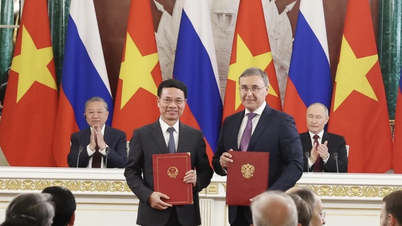

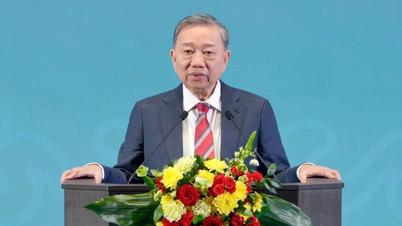































Comment (0)